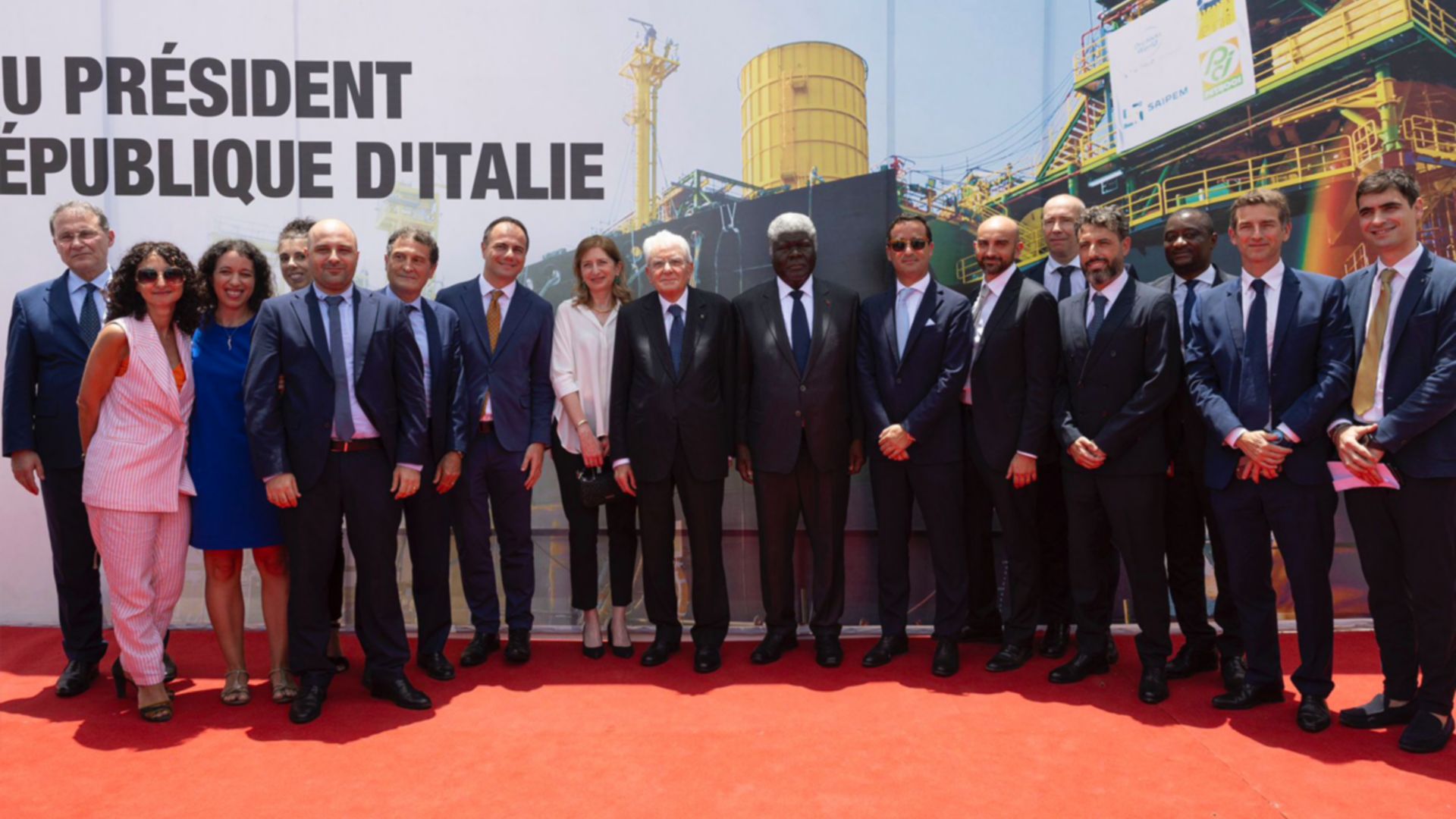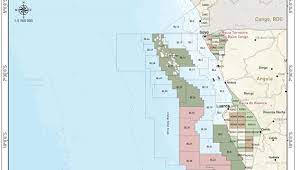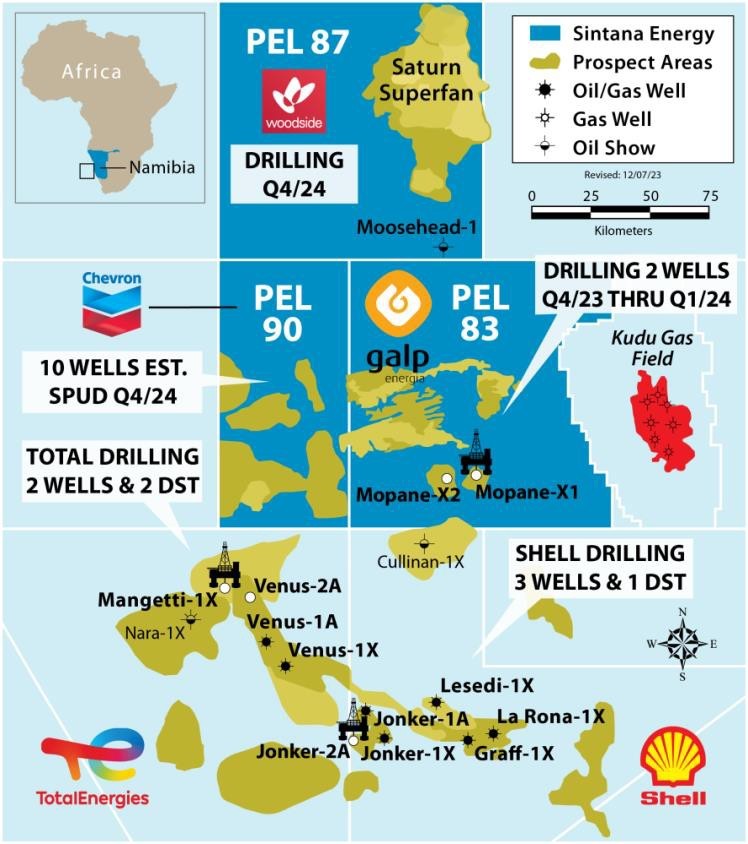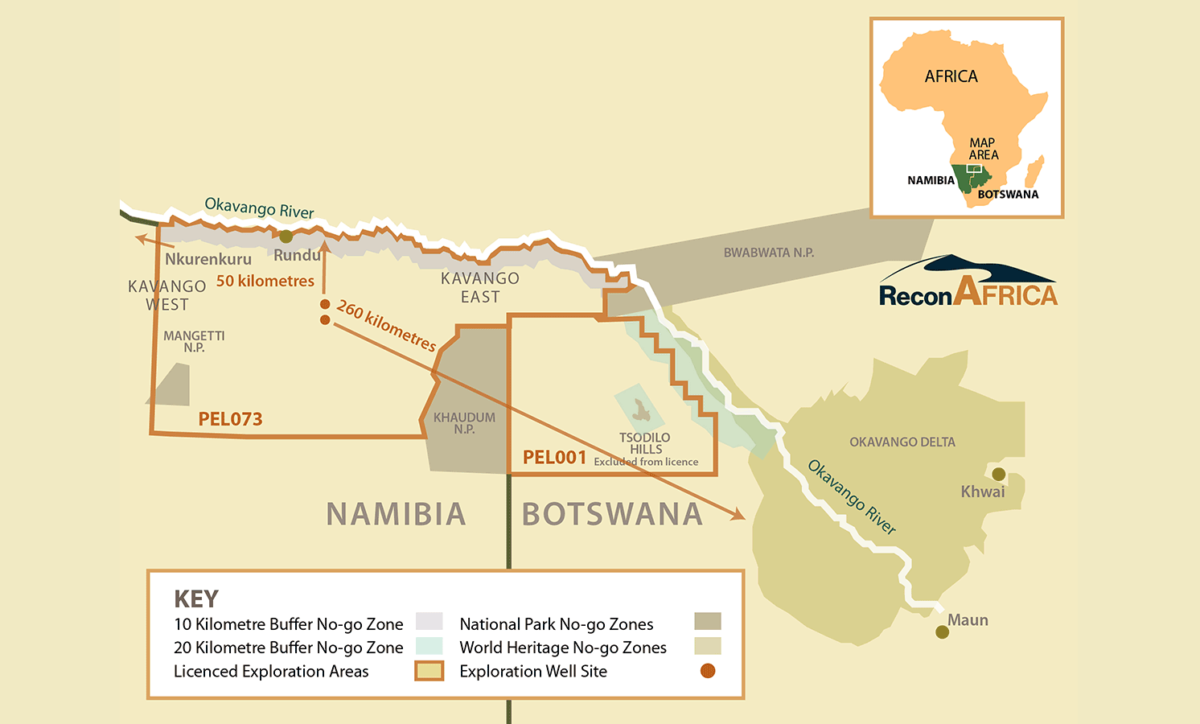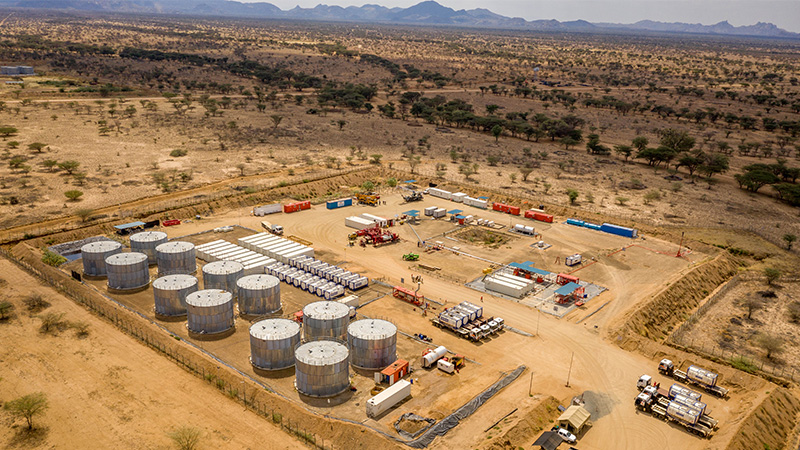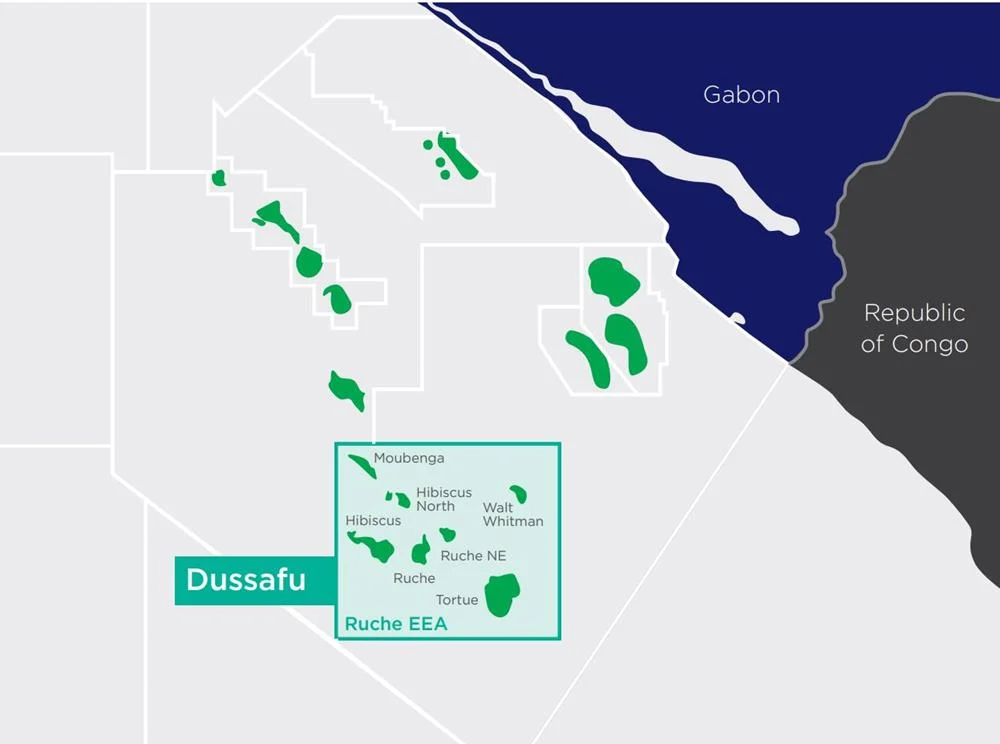ZIMBABWE: Invictus Awarded Indigenous Forests to Offset Emissions Generated from the Cabora Bassa Project
Invictus Energy has entered a 30-year contract with the Forestry Commission of
Zimbabwe (FCZ) for the development of the Ngamo-Gwayi-Sikumi (NGS) REDD+ project,
which is renewable for a further 30 years, as part of the company’s sustainable plan to manage emissions. The NGS REDD+ project will enable the Company to fully offset all Scope 1 & 2 emissions generated across the entire lifecycle of the Cabora Bassa Project.
REDD+ was created by the United Nations under its Framework Convention on Climate
Change, or UNFCCC, to reduce carbon emissions from deforestation and forest degradation. It also supports local communities through socio-economic projects in line with principles on sustainable management, forest protection and nature conservation.
The NGS REDD+ project areas were awarded by the FCZ through an international tender
process and cover a combined 301,565 hectares of indigenous forest in Zimbabwe’s
Matabeleland North province.
A five-year pilot REDD+ project, administered and funded by the Global Environmental Facility through the World Bank as part of the Hwange Sanyathi Biodiversity Corridor, was completed in the Ngamo and Sikumi forests in early 2020, including biomass assessments, which has provided proof of concept for the NGS REDD+ project.
A study by the FCZ estimates between 1992 and 2017 approximately 6.5 million hectares of forests (~25% of total) were lost, land clearance for agricultural purposes, wood for fuel energy use and other unsustainable forest land use practises.
Invictus and FCZ will develop the NGS REDD+ project to protect the indigenous forests by implementing programs to mitigate deforestation activities. The resulting benefits of these programs are quantified in the form of emission reductions which then generate carbon credits.
Verified Carbon Standard
Invictus has created a new division, Miombo Forest Carbon Investments (MFCI), to develop and manage the NGS REDD+ project.
It will also manage the carbon credits generated, with plans for them to be certified through Verra’s internationally recognized Verified Carbon Standard (VCS) program.
Verra has developed the world’s leading voluntary, rigorous international standards to verify emissions reductions generated by carbon reduction projects, such as REDD+, are real, measurable, additional and permanent.
The VCS allows third party-validated projects to generate Verified Carbon Units (VCUs) by implementing activities that reduce deforestation against a defined baseline. This will allow carbon credits to be registered as VCUs, which can either be used by Invictus or
sold on the Voluntary Carbon Market.
The Company anticipates the completion of accreditation of the project and registration and issuance of the carbon credits to take approximately 12 months.
Invictus to offset Cabora Bassa Scope 1 & 2 emissions across project lifecycle
The NGS REDD+ project has the potential to generate more than 30 million carbon credits over its initial 30-year life (subject to independent accreditation), based on the biomass assessment completed in the pilot REDD+ project in Ngamo and Sikumi and comparable REDD+ projects operating in the region.
The Company will undertake independent verification to determine the total carbon credit pool for the NGS REDD+ as part of the planned VCS accreditation process.
The total Cabora Bassa Project Scope 1&2 emissions are estimated at less than 15 million
tonnes across the entire project lifecycle, based on a hypothetical 8 trillion cubic feet natural gas development.
Assuming a successful exploration campaign, the Cabora Bassa Project could be one of the first cradle to grave carbon neutral oil and gas projects in the world (on a Scope 1 and Scope 2 basis).
The status as a full lifecycle carbon neutral project will also enhance the ability to finance the development of any discovery and broaden the range of potential financing options and lenders.
It will also allow Invictus to sell fully offset oil and gas production from its portfolio, enhancing its appeal to increasingly carbon-conscious buyers
Voluntary Carbon Market
The Voluntary Carbon Market (VCM) gives companies, non-profit organizations, governments, and individuals the opportunity to buy and sell carbon offset credits. The VCM is expected to play an increasingly important role that will enable companies to purchase carbon credits to offset unavoidable emissions and reach their net-zero or carbon neutral goals.
The estimated volume of carbon credits required globally is projected to increase at least 20-fold by 2035, with volumes increasing 30 to 40-fold from current levels in scenarios consistent with the Paris Agreement on climate change by 2050 (source: EY Net Zero Centre report 2022).
This is expected to result in a strong pricing outlook as shown in Figure 2, but is dependent on carbon credit quality and attributes as well as the types of co-benefits generated by the project.
The NGS REDD+ project is expected to generate significantly higher volumes of carbon credits than what will be required to offset the Company’s own Scope 1 and Scope 2 emissions.
Excess credits generated will be sold on the Voluntary Carbon Market, creating an additional revenue stream for the Company. One carbon credit is equivalent to saving 1 tonne of CO2 equivalent emissions (t-CO2e).
The profits generated by the NGS REDD+ project will be shared between MFCI, FCZ and the local community to fund further protection of forests through investment in positive social, economic and environmental projects.

Managing Director Scott Macmillan commented
“The award of these carbon offset projects marks a significant milestone for Invictus and will make Cabora Bassa one of the first carbon neutral oil and gas projects from the exploration phase to decommissioning, if our upcoming drilling campaign is a success.
We actively sought a carbon management solution that would benefit the country and
communities where we operate.”
“The NGS REDD+ project uniquely positions Invictus and the Cabora Bassa project as one of the first cradle to grave carbon neutral oil and gas companies and projects in the world. This project will not only offset our emissions, but help ensure preservation of Zimbabwe’s rich biodiversity, aiding both forestry and wildlife conservation efforts, while also creating jobs and sustainable incomes for the entire region. Additional revenue generated from carbon credits will also aid the work Invictus is doing to improve health and education in the local communities where we operate, well beyond the initial 30-year term of the initial NGS REDD+ project. We look forward to partnering with the Forestry Commission and implementing this important project to protect indigenous forests in the Ngamo Gwayi and Sikumi areas.”





